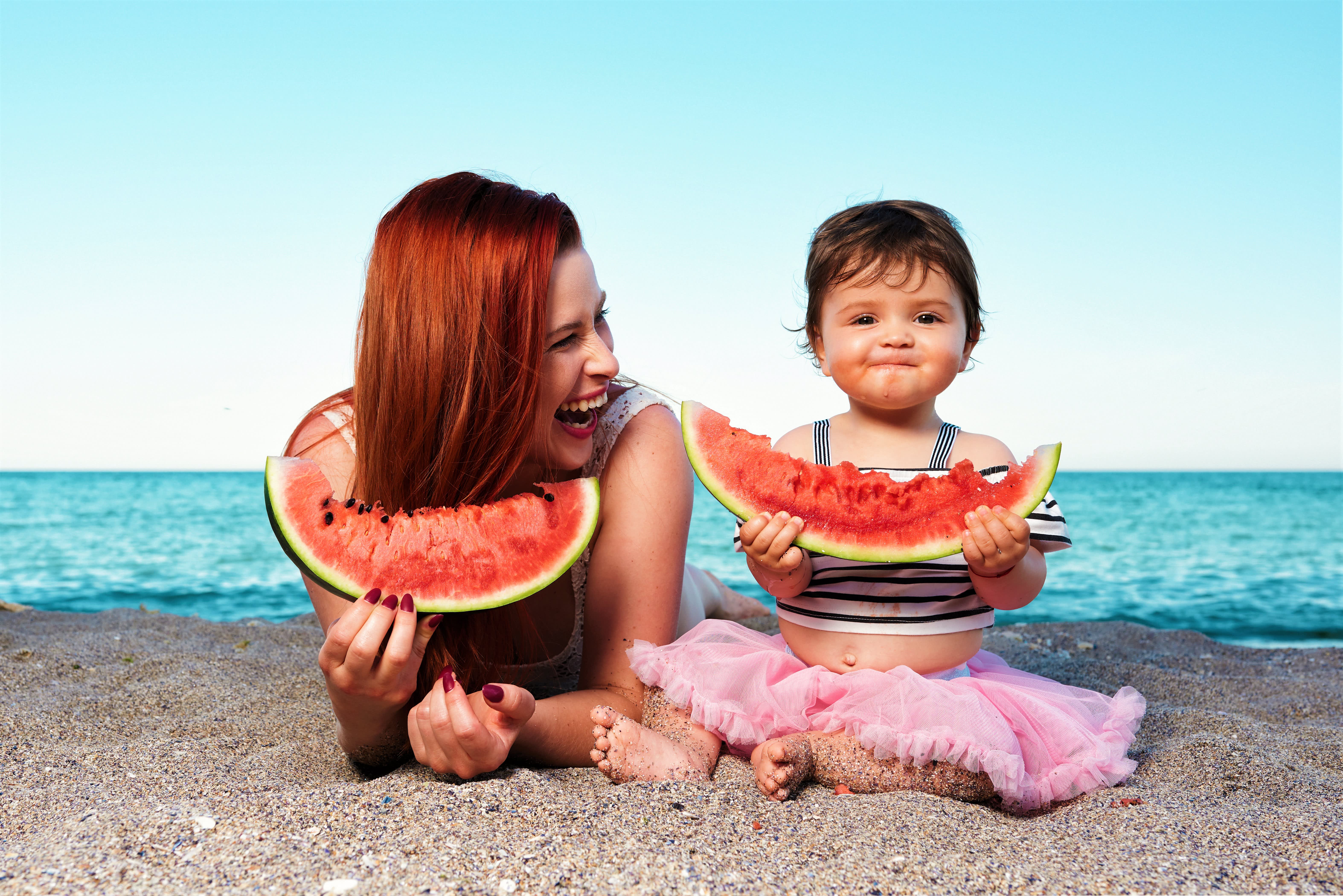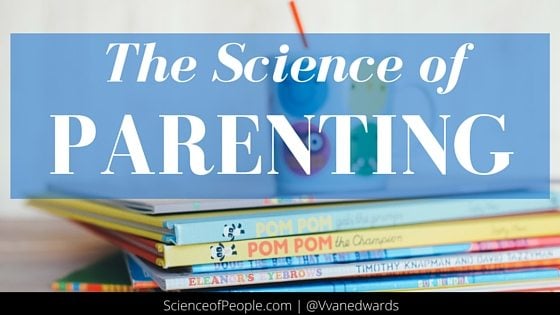Parenting is often described as both an art and a science. It's a concept that has been debated and discussed for years, and one that has no easy answer. The reality is that parenting is a complex and multifaceted task, and it requires a combination of skills, knowledge, and intuition to get it right.
As a science, parenting is about
using evidence-based research and data to inform your decisions and strategies.
It's about understanding child development, learning about effective discipline
techniques, and using the latest information and research to create a nurturing
and supportive environment for your children.
In this blog, let's explore the
concept of parenting as both an art and a science, and how you can use both
approaches to become a more effective and confident parent.
The Art of Parenting
Parenting is undoubtedly an art.
It requires creativity, imagination, and intuition to respond to the unique
needs and personalities of your children. As a parent, you know that no two
children are the same, and what works for one child may not work for another.
That's where the art of parenting comes in.
One of the key aspects of the art
of parenting is the ability to be flexible and adaptable. As your children grow
and develop, their needs and personalities will change, and you'll need to
adjust your parenting style accordingly. This means being open to new ideas and
approaches, and being willing to experiment with different strategies until you
find what works best for your family.
Another important aspect of the
art of parenting is intuition. As a parent, you have a unique connection with
your children, and you know them better than anyone else. This means that you
have an innate ability to sense when something is wrong, or when your child
needs extra support or attention. Trusting your instincts and being responsive
to your child's needs is an important part of the art of parenting.
Of course, the art of parenting
also involves using your creativity and imagination to create a nurturing and
supportive environment for your children. This means finding fun and engaging
activities to do together, creating a warm and welcoming home environment, and
using your creativity to solve problems and overcome challenges.
The Science of Parenting
While parenting is certainly an
art, it's also a science. This means using evidence-based research and data to
inform your decisions and strategies. Understanding child development, learning
about effective discipline techniques, and using the latest information and
research to create a nurturing and supportive environment for your children are
all important aspects of the science of parenting.
One of the key aspects of the
science of parenting is understanding child development. This means learning
about the stages of development that your child will go through, and
understanding the skills and abilities that they are developing at each stage.
This knowledge will help you to tailor your parenting style to your child's
needs and abilities, and to create an environment that supports their growth
and development.
Another important aspect of the
science of parenting is discipline. Effective discipline techniques are based
on the latest research and understanding of child development, and they involve
using positive reinforcement to encourage good behavior, and using consequences
to discourage negative behavior. By using evidence-based discipline techniques,
you can create a positive and supportive environment for your children, and
help them to develop the skills and habits that will serve them well throughout
their lives.
The Importance of Balancing Art and Science
So, how do you balance the art
and science of parenting? The reality is that there is no one-size-fits-all
answer to this question. Every parent and every child is unique, and what works
for one family may not work for another. However, there are some general guidelines
that can help you to strike the right balance between the art and science of
parenting.
Firstly, it's important to
recognize that both approaches have value. The art of parenting allows you to
use your creativity and intuition to respond to your child's individual needs
and personalities, while the science of parenting provides you with evidence-based
strategies and techniques that can help you to create a supportive and
nurturing environment for your child.
Secondly, it's important to be
open to new ideas and approaches. The world of parenting is constantly
evolving, and new research and information are emerging all the time. By being
open to new ideas and approaches, you can stay up-to-date with the latest
information and techniques, and adapt your parenting style as needed.
Thirdly, it's important to find a
parenting style that works for your family. This means taking into account your
child's individual needs and personalities, as well as your own parenting
strengths and weaknesses. By finding a parenting style that works for your
family, you can create a positive and supportive environment for your child,
and help them to thrive.
Finally, it's important to
remember that parenting is a journey. There will be ups and downs, challenges
and successes, and no two days will be the same. By embracing the art and
science of parenting, and by being flexible and adaptable, you can become a
more confident and effective parent, and help your child to grow and develop
into a happy and healthy adult.
Conclusion
Parenting is both an art and a
science. It requires a combination of creativity, imagination, intuition, and
evidence-based research and data to be effective. By embracing both approaches,
and by finding a parenting style that works for your family, you can create a
nurturing and supportive environment for your child, and help them to thrive.
Whether you're a new parent or an experienced one, there is always something new to learn about parenting. By staying up-to-date with the latest research and information, and by being open to new ideas and approaches, you can become a more confident and effective parent, and help your child to reach their full potential. Remember, parenting is a journey, and by balancing the art and science of parenting, you can make that journey a positive and rewarding one for both you and your child.



/cdn.vox-cdn.com/uploads/chorus_image/image/46933046/parenting.0.0.jpg)




Great 👍
ReplyDelete